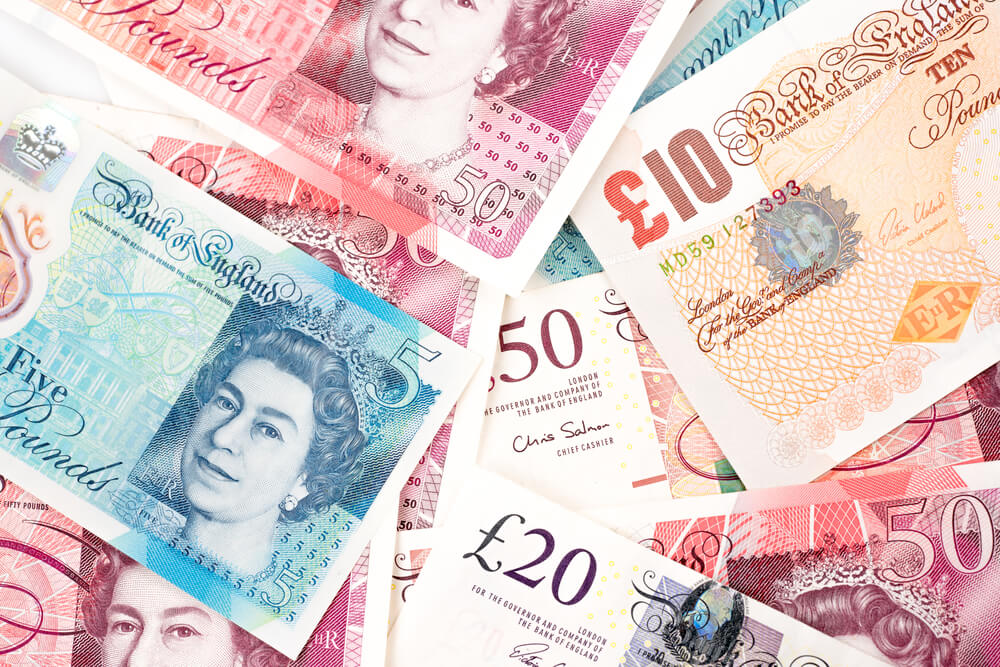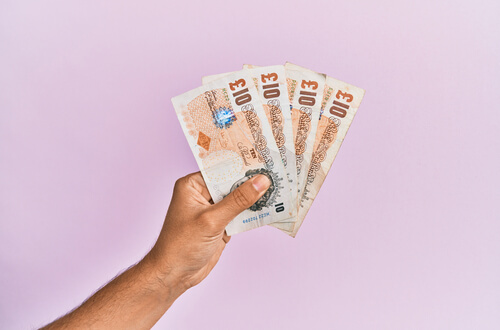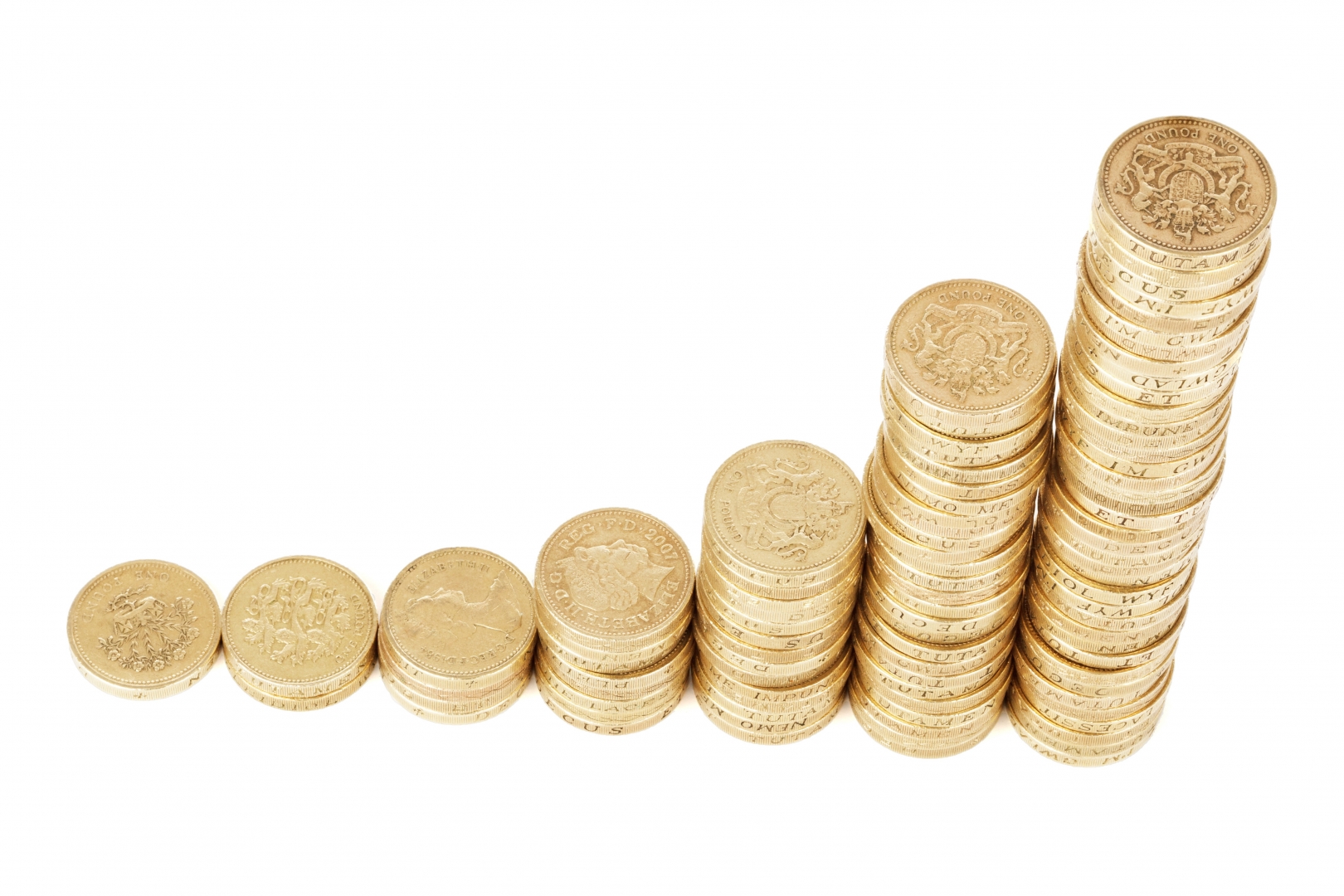A vocabulary guide to British money: British money terms
It is worth noting that while these are British terms they are also English money terms, Scotland and Northern Ireland do have some more local slang terms.
If you are learning English to work in the UK, planning to visit the UK or are even just want to improve you knowledge and understanding of English, knowing the vocabulary around money is very useful. As with most countries, there are a number of informal and slang terms used to describe different amounts of money.
Being aware of these terms and expressions will help you feel more comfortable and in control in situations where they are used. As with all informal or slang English we don’t recommend you using them actively unless you feel you know and understand the terms perfectly and how to use them correctly in the appropriate context.
Here are some very commonly used words that describe different amounts of money in the UK. The currency is called Sterling or Pounds but also GBP.
It is worth noting that while these are British terms they are also English money terms, Scotland and Northern Ireland do have some more local slang terms.
A note is a word that describes paper money. In America, this is known as a bill. It is common for someone to say “do you have a ten pound note?” However, as bank cards and mobile payment apps are becoming more and more popular this type of money is not as common as it used to be.
Connected with the term “note” cash is a term used to describe any physical money. So coins or notes are cash. We are moving towards a cashless society in many developed countries.
The smallest amount of currency in the UK is 1 penny. There are 100 pennies or pence in every pound. It is very common in almost all situations to shorten the term “pence” to just “p”.( pronounced like the letter ‘p’). For example, a coffee in a vending machine at work might be 50p. A colleague might ask “Can you lend me 50p please so I can get a coffee?”.


This strange little word is used to describe 1 pound. Someone may ask “Can I borrow a quid” to get a snack or pay for a bus ticket. While it is often used on its own, the word quid can be used against any number of pounds. If something costs £60, someone might say ‘It costs 60 quid”.
There are 4 different value bank notes in circulation today in Britain. The highest value notes are fifty (£50) and twenty (£20).
The smallest value note in the UK is a 5 pound note (£5). This is commonly called a fiver. However, people can also use this term to describe 5 pounds as an amount. For example “I think the ticket costs about a fiver”.
A tenner is a term used to describe a 10 pound note or 10 pounds (£10). Tenners are probably the most common bank note in circulation today.
A grand is 1000 pounds (£1000) . This is a much larger amount of money and not an amount you would ever really lend to anyone. It can be used to describe any number of 1000s so 6000 pounds would be 6 grand. “She’s just spent five grand on a Caribbean holiday”
The letter ‘k’ is also used to describe 1000 pounds but normally only used for more than 1000. So a car might be worth 8000 pounds ( or 8 grand) and someone might say “the car costs 8K”. Or perhaps the deposit to buy a house is 60k.
If you are not sure when it is right to use these terms then be safe and use pounds. Context is also very important These terms can be are casual and informal and may give the wrong impression in certain situations, like a job interview for example.

English is peppered with colourful expressions that make the language vibrant and engaging. Here are five commonly used idioms that weave in money-related terms, showcasing the quirky and imaginative side of the English lexicon
Grasping the UK’s unique slang terms for money can significantly enhance your experience while living, working, or travelling there. Not only does it help in everyday conversations and transactions, but it also enriches your understanding of the local culture and customs.
Remember, while these terms are widely used in England, variations exist in Scotland and Northern Ireland, reflecting the rich diversity of the UK. So, whether you’re counting ‘quid’ or saving ‘pennies’, your journey into mastering British English is an investment that pays off in more ways than one.
Keep exploring, keep learning, and you’ll find that the language of money, just like the language itself, is full of surprises and delights.
Happy English learning!
If you would like to learn English using a simple structured method with courses for all levels, start your Trial now and find out more.
Dive into the ‘penny-wise’ world of English learning without spending a ‘pretty penny’!